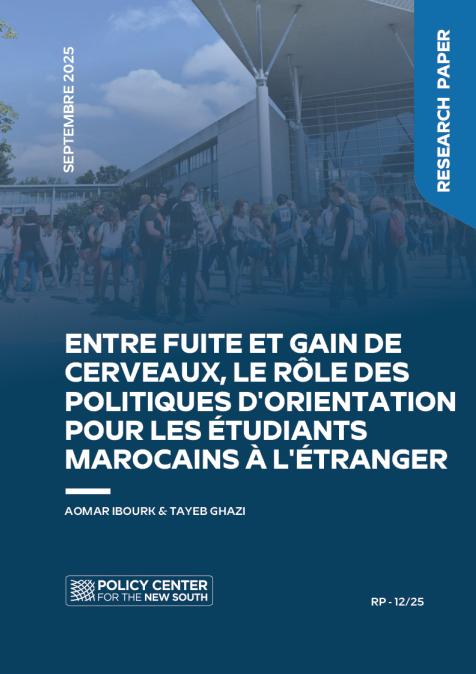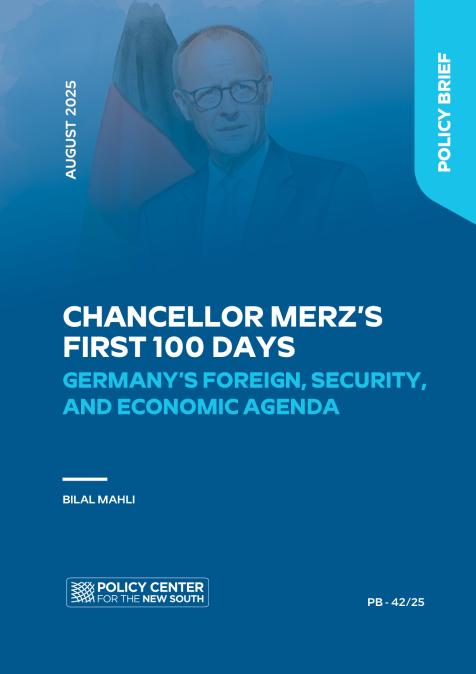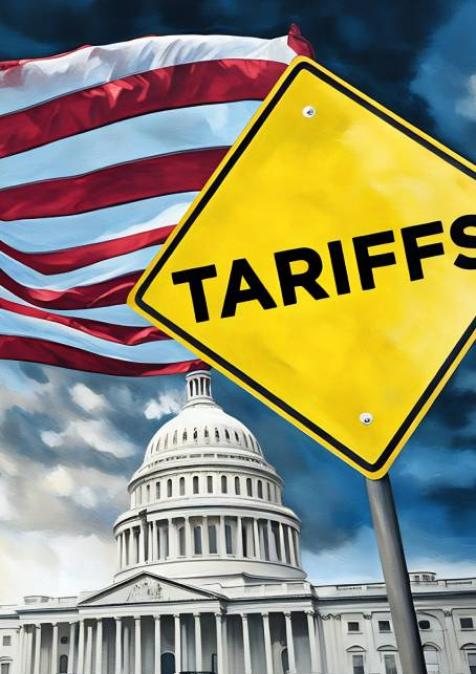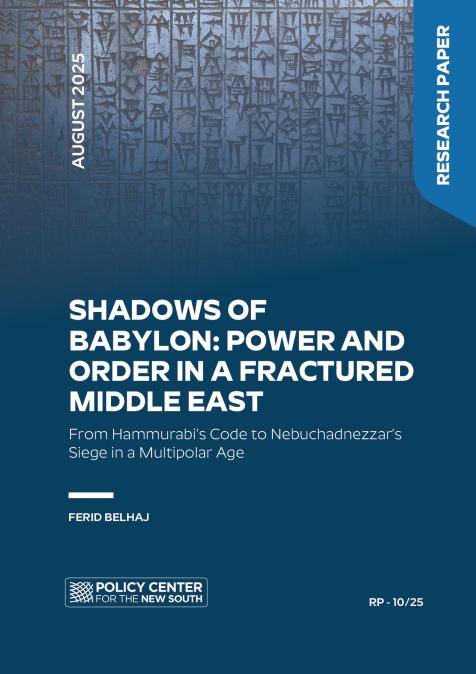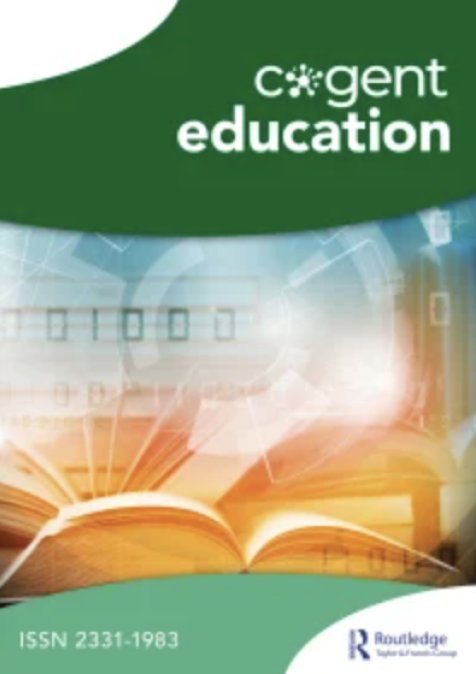Economic Nationalism in the Era of Geofragmentation: What Does it Mean for Developing Countries?
The Policy Center for the New South is organizing a webinar on “Economic Nationalism in the Era of Geofragmentation: What Does it Mean for Developing Countries?” on December 6th, 2023 at 3.00 PM (GMT+1), in the framework of the PCNS Webinar Series – The Global Economy in Transition: Implications for Developing Countries.
The global economic landscape is witnessing a surge in economic nationalism and geofragmentation, presenting challenges for developing countries. The Policy Center for the New South is organizing a webinar to delve into the potential impact of these trends on developing nations worldwide.
This webinar aims to explore how economic nationalism policies, including protectionism and import substitution, may result in heightened trade barriers and restrictions on foreign investment. Such developments could diminish the integration of developing countries into the global economy, with consequential effects on growth and poverty alleviation.
Moreover, the webinar will assess the influence of rising economic nationalism and geofragmentation on developing countries' endeavors to integrate into regional trading blocs. While the African Continental Free Trade Area (AfCFTA) aspires to establish a single market for goods across the continent, the emergence of regional trading blocs in other parts of the world may pose challenges to global economic integration efforts.
The potential implications extend to the realm of investment, where developing countries heavily depend on foreign investment for economic development. Any obstacles to such investment could impede growth prospects. Additionally, the industrialization efforts of developing nations may be affected if economic nationalism policies stimulate the establishment of domestic industries that could compete with their nascent industrial sectors.




